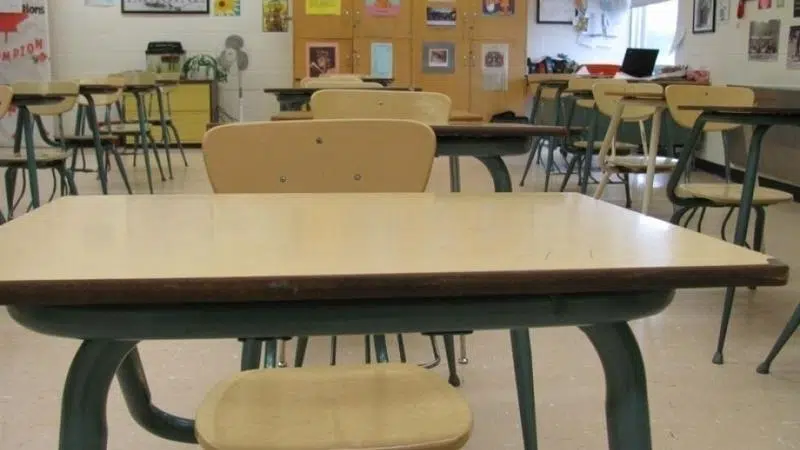
Living Sky met two, partially met one of four 2017 recommendations: Auditor’s report
A follow-up by the provincial auditor of Living Sky School Division found it met two, partially met one but missed one of four recommendations from a 2017 audit on engaging students from Grade 7 to 12.
Student engagement measures the extent to which students identify with and value schooling outcomes, have a sense of belonging, participate in academic and non-academic activities, strive to meet formal requirements and make a serious personal investment in learning.
Disengaged students, according to a backgrounder in the provincial auditors report released Thursday, are at a higher risk of falling behind and may drop out of school.



